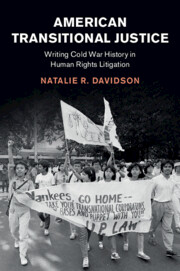Multinational enterprises (MNEs) transfer their corporate strategies to subsidiaries globally, and in so doing, embark on a translation process. Despite the prevalence of MNEs and their investments in emerging economies, little is known about how local factors affect key actors when translating corporate talent management (CTM) strategies to these regions. This study draws from the translation and talent management literatures to explore the travel of ideas in the context of CTM. Relevant frames (narratives that emerge around actions) and actors are proposed and explored empirically in a qualitative study of 76 employees across an Australian mining MNE with subsidiaries located in Latin America. The findings support extant literature as well as uncovering new frames (categorized in external or corporate, and internal or local) and actors (including non-managerial) as part of the translation process. The findings suggest the need to balance talent management strategies between corporate and subsidiaries by being aware of internal and external frames including in both urban and rural locations. This understanding provides further clarification of the global versus local paradox faced by MNEs. Implications for future research and practice are discussed.
